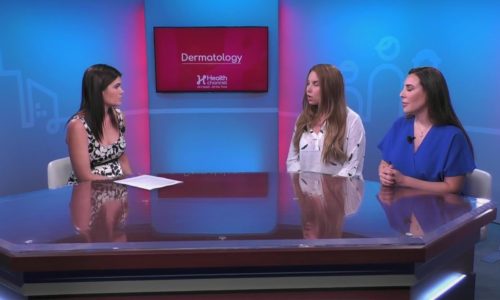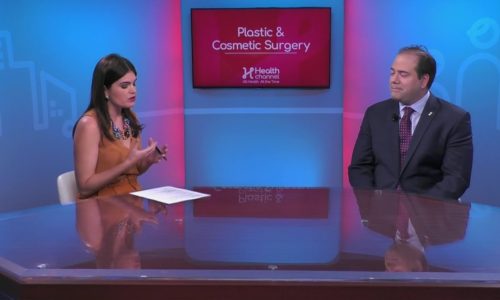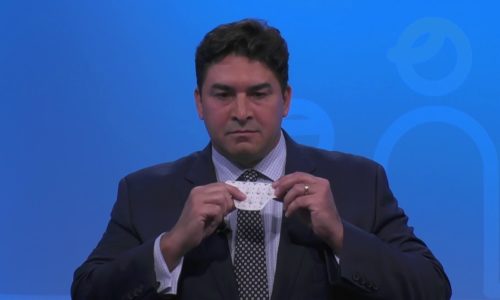Facelift Surgery Procedure |
A facelift is a procedure that can reduce signs of aging. Dr. Carlos Wolf, Plastic Surgeon with Baptist Health South Florida, affirms injectable and non-invasive procedures have to push the facelift a little later.
Doctor Wolf says his earliest patients were done a facelift procedure in their mid 30s, but most of the patients are in their late 40s and early 50s and up.
He considers if patients have a good health there is no limitation to perform the lifting procedure.
Transcript
Let’s move on to facelifts this is a procedure that can reduce signs of aging so I guess the big thing to start is when do people normally start considering the facelift at like about I don’t know in this day and age 22 23 no it’s a little maybe 28 wouldn’t be shocked at all you wouldn’t be shocked
you’re right one of the great things you know we talked earlier in an earlier segment about what has changed you know with all the injectables and non-invasive we’re actually able to push the facelift actual procedures a little later so I’d you know there is there’s also a lot of other circumstances essentially if you have a if you’ve lost a lot of weight and your skin doesn’t resorb you’re gonna need to have something to get rid of the extra skin so I’ve had you know my earliest patient I’ve done who was in their mid-30s she lost about 150 pounds and in 150 pounds you know just like a tummy tuck there’s just so much you can your skin will absorb I mean your body will take in so if there’s no extender II circumstances I would say most people are looking in their late 40s early 50s and up and the reality and I get it often well doctor well when is it too late to have a facelift really it’s if you have a if you’re in good health you still have a active lifestyle you want to look better there really isn’t a any limitation of you you clear you know you clear your EKG your lungs your your
blood tests all that it can be done safely if done right you.








